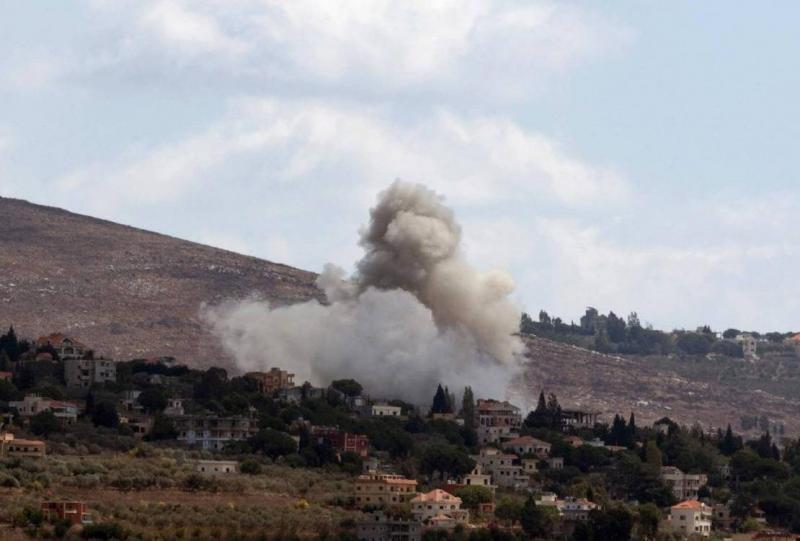The recent rocket launches have stirred tension and concern on both official and public levels, revealing significant changes in Hezbollah's and its allies' approaches, undermining previously unquestionable narratives.
Military actions from Lebanon against Israel have become disowned publicly by Hezbollah, while its allies have described them as "suspicious acts" that could bring catastrophe to the country. This stance represents a fundamental contradiction to Hezbollah's previous positions, where any objection to opening a "supporting front" was seen as a neglect of the Palestinian cause. Opponents were even accused of serving Israel and justifying its military actions against Lebanon.
The official stance of Hezbollah and its allies shows a notable shift in their political and field approach, indicating Hezbollah's deterrence following the recent conflict. This development coincides with ongoing negotiations between the U.S. and Iran and renewed conflicts in Gaza and Yemen, alongside missile attacks on Israel by the Houthis and Hamas. In this context, the rockets fired from Lebanon, whose responsibility is unknown but politically clear, seem to complement the narrative of "unified fronts," sending an Iranian message to Washington and Tel Aviv that Tehran still holds the ability to stir fronts. Hezbollah's disavowal of these rockets serves to alleviate the repercussions of this action after the message has reached its intended recipients.
It's noteworthy that the perpetrator, who boldly entered an area seen as a Hezbollah stronghold, conducted surveillance, then prepared and launched the rockets, and subsequently withdrew safely, remains unknown about a week after the incident. Previous experiences suggest Hezbollah's involvement in any security operation with an "unknown" perpetrator.
On a public level, the rocket launch was met with anxiety and widespread discontent in southern communities. There were broad objections to what was seen as another attempt to embroil the south in a military confrontation, while the effects of the recent war still weigh heavily on them. Anger intensified with circulating stories accusing a Palestinian entity of the act, prompting widespread denunciation and rejection among southerners for what they saw as a continuing sacrifice for Palestine.
These sentiments reflect a growing southern inclination towards ending the open front equation and rejecting reopening the front. The option of closing the chapter of confrontations, which drained their resources since the Cairo Agreement of 1969, is maturing and gradually becoming the clearer choice.
It’s apparent that these rockets did not hit Israeli military targets, but they struck a narrative that has long boasted support for any military action against Israel in the name of resistance or supporting Gaza. This also undermined the narrative of enjoying southern popular support for military actions from the south.
Thus, Hezbollah's continued stubbornness in acknowledging that the south is no longer an "arena," coupled with its delay in abandoning its weapons, will increase the political, human, and infrastructural cost without altering the reality.
While the "supporting front" was a disaster emblem, the "orphan rockets" can at least be described as farcical. Enough with the southerners suffering from disasters and farce!



